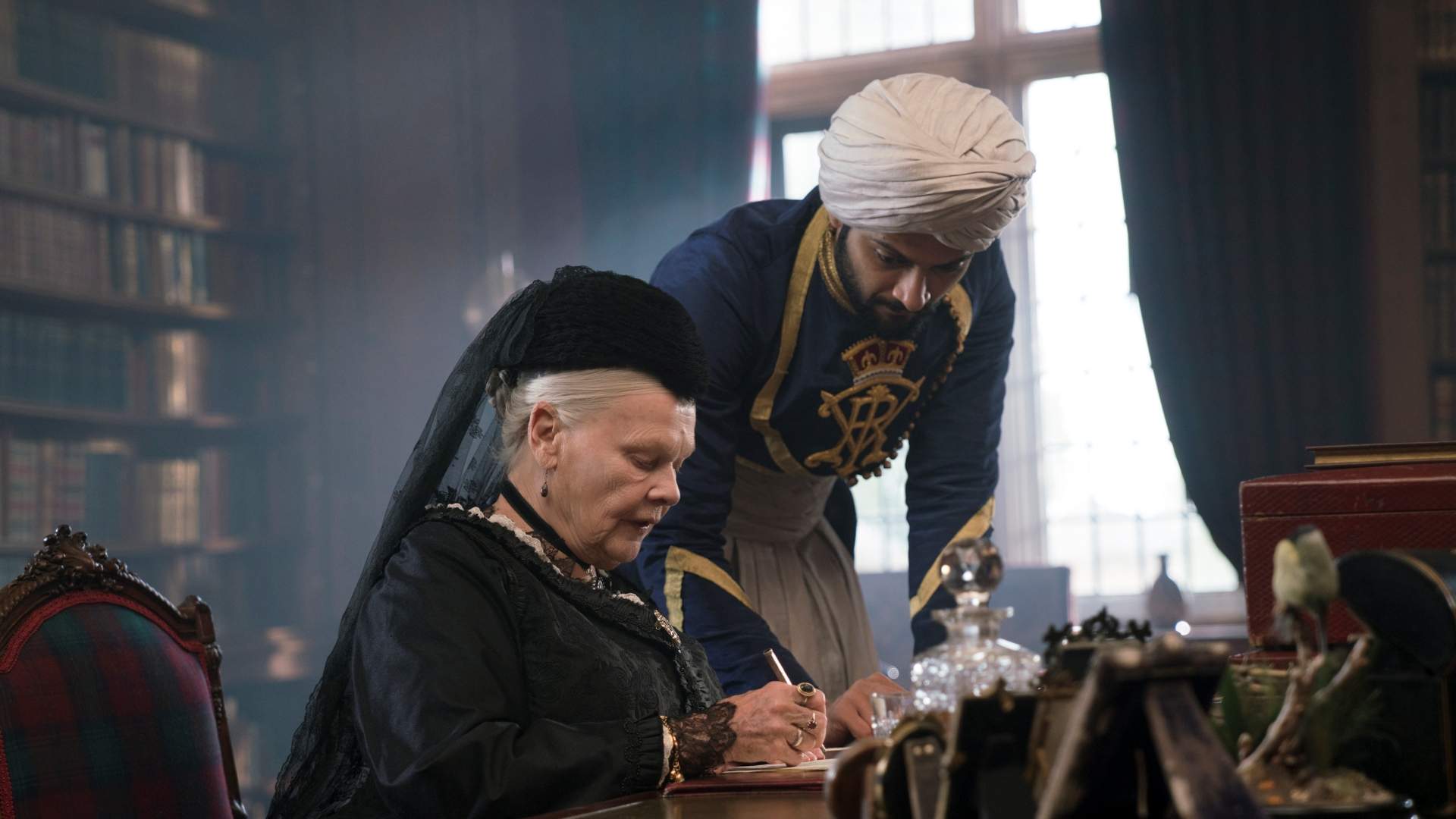Victoria and Abdul
Strong performances aren't quite enough to lift this average historical drama.
Overview
Towards the end of Victoria and Abdul, Judi Dench's face fills the frame during an extended speech. For the second time in her career she's playing Queen Victoria in a film about the British monarch's relationship with a servant. Whereas 1997's Mrs Brown saw her bonding with Billy Connolly, this time the 19th century sovereign has forged a strong platonic bond with Indian Muslim clerk Abdul (Ali Fazal), but her son (Eddie Izzard) and staff are none too happy about it. Cue a memorable dressing down delivered by a figure well-aware of her power and responsibilities, as well as the type of scene designed to garner awards nominations.
That's Victoria and Abdul in a nutshell. The latest regal flick from The Queen's Stephen Frears, it's the kind of film that knows where its strengths reside, and how viewers are likely to react. That's not to downplay Dench's formidable talents, or her ability to inhabit Queen Victoria's many shades and depths. Indeed, she's the best thing on screen. But there's no ignoring the fact that Frears has plunged the beloved actress into a decidedly average historical drama that isn't always worthy of her talents.
Despite taking its inspiration from real life, Victoria and Abdul sticks closely to a familiar culture-clash formula. Typically, one of two things happen when folks from different stations in life meet in a movie. Either they get along nicely, but their connection isn't met with the same fondness by those around them, or, after a rocky start, they're forced to learn from their differences. When Abdul is picked to journey to Britain to present the queen with a ceremonial coin during her Golden Jubilee celebrations, the film seems destined to take the second path. Then he breaks protocol by making eye contact with the monarch, she's intrigued by the good-natured newcomer in her midst, and before long they're facing off against institutionalised racism.
While Dench plays Queen Vic with considerable texture and nuance — more than early scenes seem to indicate, in fact — the feature around her doesn't share the same fortune. There's a difference between probing engrained prejudices and just presenting a scenario filled with them, with Victoria and Abdul taking the easier, latter option. Adapting the book of the same name by Shrabani Basu, screenwriter Lee Hall (War Horse) keeps things light and simplistic when it comes to scheming naysayers, cultural disharmony and Abdul himself. Given that the film supposedly sets out to dispel racist stereotypes, the fact that Abdul is portrayed as a jovial, exotic outsider who helps Victoria get her groove back is more than a little bit troubling.
Where the film succeeds is as a misty-eyed ode to friendship. As Rose-tinted as much of the lavishly shot movie proves, it thoughtfully and tenderly conveys the effect that having someone to talk to, and to listen back, can have. The rapport between Dench and the spirited Fazal helps, ensuring that Abdul remains an engaging presence, even if he's flimsily written. Their time together mightn't delve deep into the intricacies surrounding their characters, but Victoria and Abdul is at its best when its stars share the screen.





